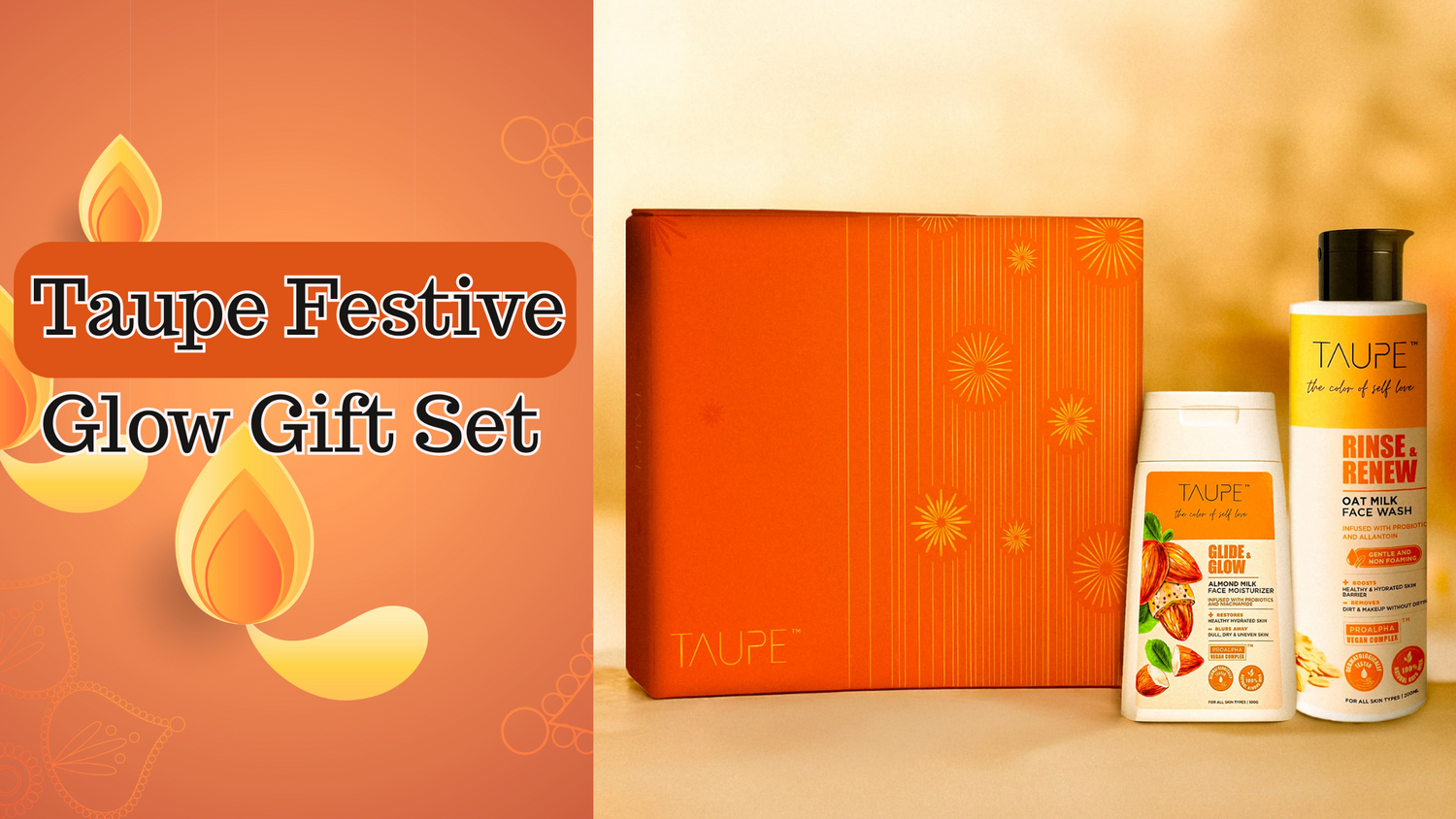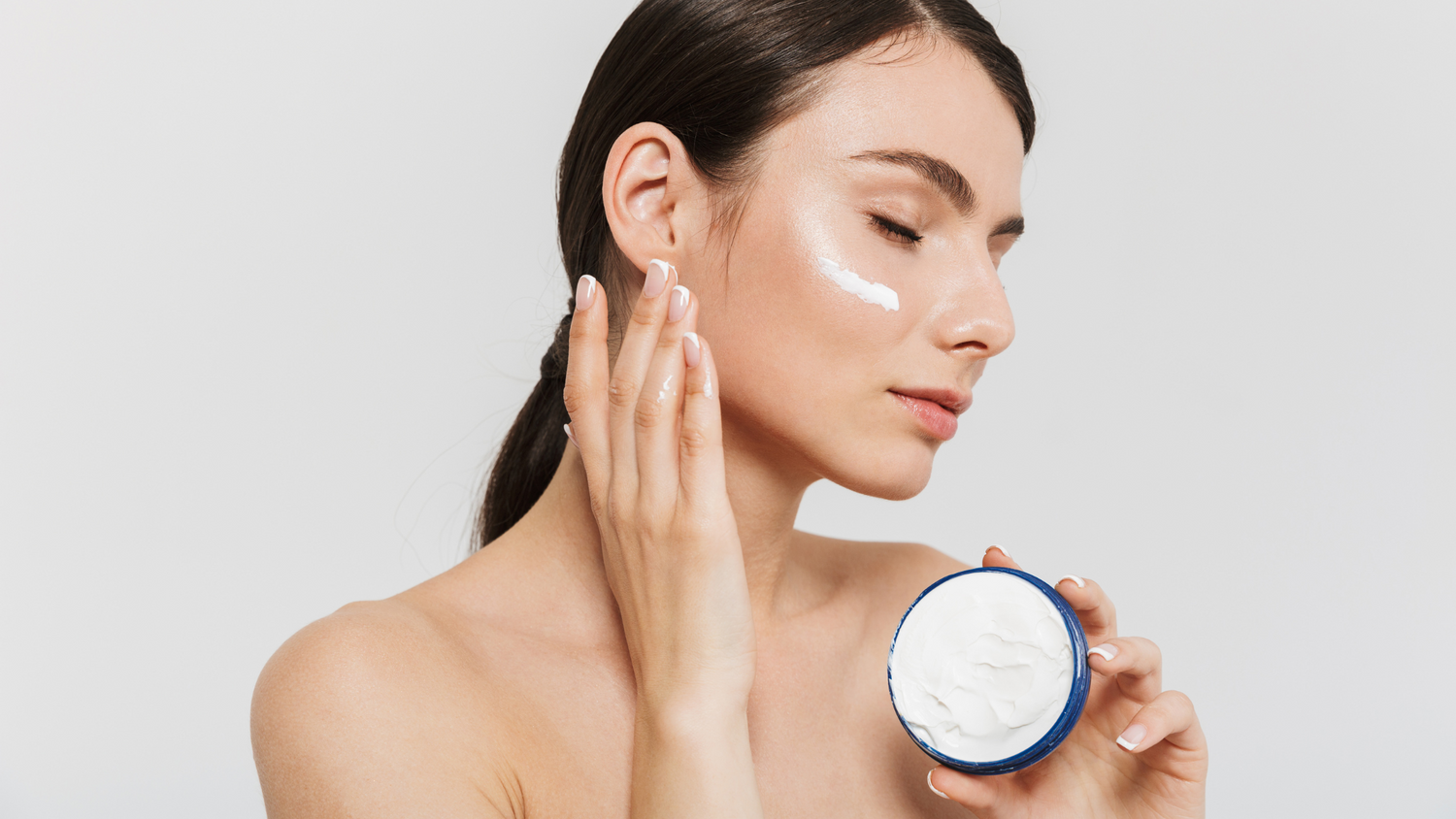When you have sensitive skin, every product decision matters. One wrong formula can leave your face red, itchy, or inflamed. While it’s tempting to follow what’s trending, sensitive skin demands extra attention not just to what you’re using, but to how it’s formulated. The truth is, most skincare products aren’t designed with sensitivity in mind, and understanding how to choose the right ones can prevent countless flare-ups.
Let’s explore what you should really look for when choosing skincare for sensitive skin and just as importantly, what to avoid.
Understanding the unique needs of sensitive skin
Sensitive skin has a weaker protective barrier, which makes it more vulnerable to irritation. It reacts easily to triggers like fragrance, weather changes, and certain preservatives. That’s why it’s not enough for a product to say “gentle” on the label you need to understand how ingredients work with your skin's barrier.
Instead of looking for aggressive treatments that promise fast results, your focus should be on products that calm, hydrate, and support your skin’s natural balance.
What to look for and avoid on ingredient labels
The front label of a product may be full of claims, but it’s the ingredient list on the back that tells the real story. Products with long or complex formulas often contain unnecessary fillers or actives that may be too strong for sensitive skin.
Here’s what to avoid:
-
Fragrance or essential oils, even when marked as “natural”
-
Drying alcohols or harsh preservatives
-
Active ingredients like retinol or strong acids unless advised by a professional
Instead, opt for products with a short, simple list of calming, hydrating ingredients. Look for labels that say fragrance-free, alcohol-free, and suitable for sensitive skin. Products that support the skin barrier and help maintain a healthy pH are often the safest choices.
Choosing a cleanser that won’t disrupt your skin
Cleansing is the first and most frequent step in your routine and it’s where many people unknowingly damage their skin. For sensitive skin, a harsh cleanser can strip away natural oils and weaken the barrier, even if it seems to work at first.
Instead, choose a low-pH cleanser that’s free from sulfates, artificial fragrance, and alcohol. Gel or cream-based formulas that are microbiome-friendly are ideal, as they clean effectively without leaving your skin feeling dry or tight. A cleanser should never sting or cause redness if it does, it’s not the right fit.
Picking a moisturiser that does more than hydrate
A moisturiser should not just soften the skin it should calm it. Sensitive skin often experiences both dryness and inflammation, so your moisturiser needs to address both.
Choose cream-based textures that are light yet nourishing. The best moisturisers for sensitive skin are non-comedogenic, fragrance-free, and packed with barrier-supporting ingredients. They should absorb easily, leave no residue, and help reduce redness over time.
Finding sun protection that won’t cause flare-ups
Sunscreen is essential, especially for sensitive skin but not every SPF is created equal. Many sunscreens use chemical filters or contain alcohol, both of which can lead to irritation or breakouts.
Look for a mineral sunscreen that uses zinc oxide or titanium dioxide. These ingredients sit on the skin’s surface and reflect UV rays, rather than absorbing into the skin. Mineral sunscreens are gentler and less likely to sting, especially around sensitive areas like the eyes.
Adding new products to your routine carefully
Even if a product is gentle, your skin may need time to adjust. Sensitive skin responds best when it’s not overwhelmed.
Always patch test any new product before full use. Apply a small amount to your jawline or behind your ear and wait 24 hours. If there’s no reaction, you can safely add it to your routine. Introduce only one new product at a time, giving your skin a few days to respond before adding anything else.
Keep your skincare routine minimal and consistent
With sensitive skin, more is not better. In fact, a complicated routine often leads to more irritation. Stick to a core routine that includes:
-
A gentle, non-stripping cleanser
-
A calming, hydrating moisturiser
-
A mineral-based sunscreen
Once your skin is calm and stable, you can gradually build from there but only if necessary. The goal isn’t to do more, but to find products your skin trusts.
Let your skin guide you
Your skin knows what it likes and what it doesn’t. If something causes even mild discomfort, it’s a sign to stop. Sensitive skin thrives on consistency, gentle care, and fewer ingredients. With the right product choices, your skin will feel less reactive, more balanced, and visibly healthier.
Discover our gentle, microbiome-friendly skincare thoughtfully formulated to protect and restore sensitive skin every day.




